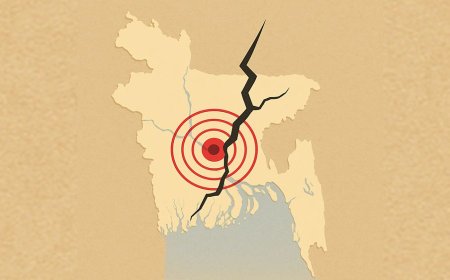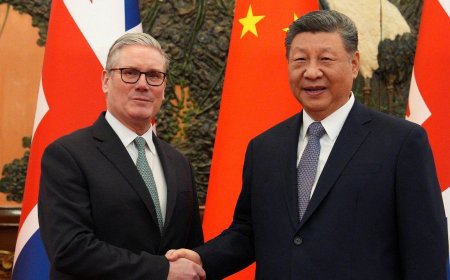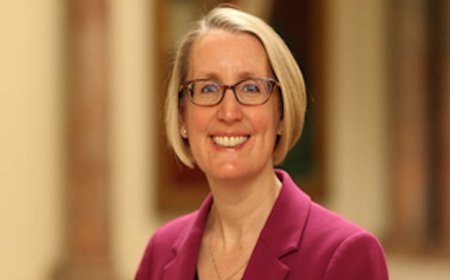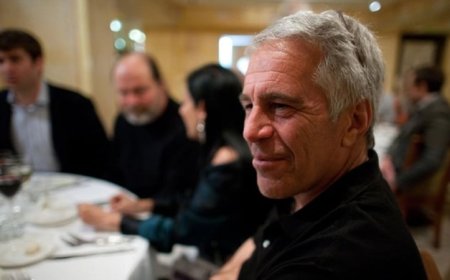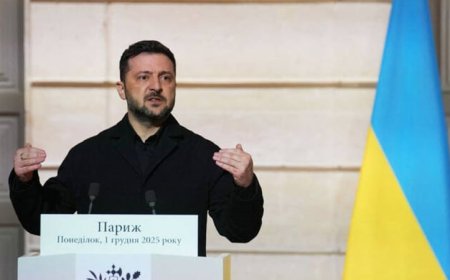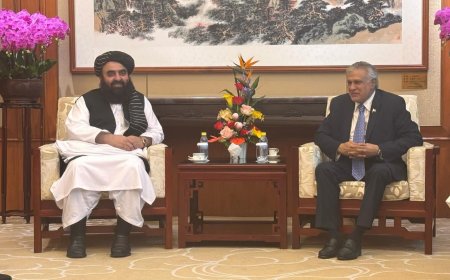UN Court Orders Israel to Ease Aid Into Gaza, Ensure Provision of 'Basic Needs'
UN Court Orders Israel to Ease Aid Into Gaza, Ensure Provision of 'Basic Needs'
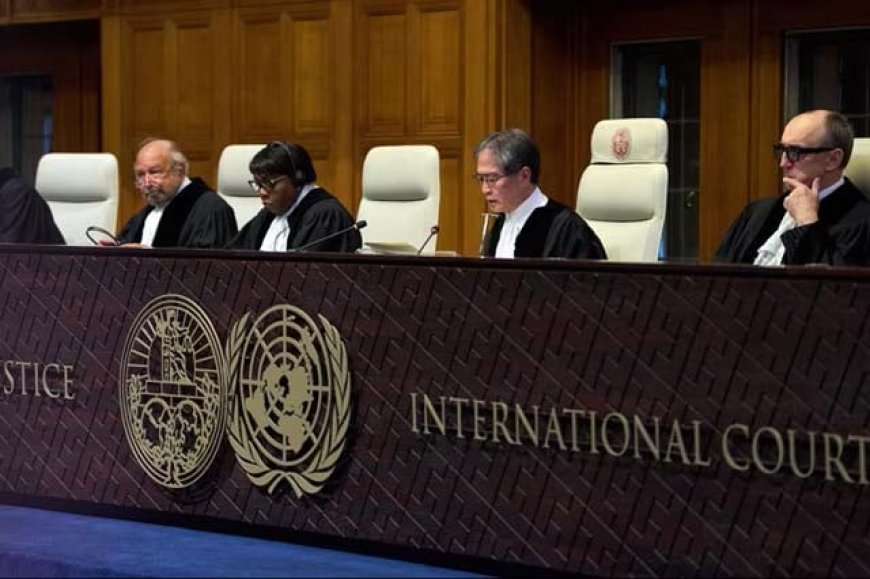
The International Court of Justice (ICJ) ruled Wednesday that Israel must ease the flow of humanitarian aid into Gaza and ensure Palestinians receive the “basic needs” required for survival.
The sweeping decision—swiftly rejected by Israel—came as relief agencies raced to expand aid deliveries amid a fragile ceasefire agreed earlier this month.
Although the UN’s top court’s advisory opinion is not legally binding, the ICJ said it carries “great legal weight and moral authority.”
“This is a very important decision, and I hope that Israel will abide by it,” UN Secretary-General Antonio Guterres said.
ICJ President Yuji Iwasawa stated that Israel was “under an obligation to agree to and facilitate relief schemes provided by the United Nations and its entities,” including UNRWA—the UN agency for Palestinian refugees—which Israel has banned after accusing some of its staff of involvement in the October 7, 2023, Hamas attacks.
The ICJ found that Israel had failed to substantiate those allegations.
Israel did not participate in the hearings and rejected the ruling outright.
“Israel categorically rejects the ICJ’s ‘advisory opinion,’ which was entirely predictable from the outset regarding UNRWA,” said Foreign Ministry spokesperson Oren Marmorstein on X. “This is yet another political attempt to impose measures against Israel under the guise of international law.”
Iwasawa countered that the court “rejects the argument that the request abuses and weaponises the international judicial process.”
Another Israeli official said Israel would continue working with some international organisations but “will not cooperate with UNRWA.”
Following the ruling, Norway announced plans to propose a UN General Assembly resolution demanding that Israel lift restrictions on aid to Gaza.
Palestinian delegate Ammar Hijazi urged the international community to ensure Israel complies with the decision. “The responsibility is on the international community to uphold these values and oblige Israel, bring Israel into compliance,” he said.
Before the verdict, Abeer Etefa, Middle East spokesperson for the World Food Programme (WFP), said that since the ceasefire began on October 10, around 530 WFP trucks had entered Gaza carrying over 6,700 tonnes of food—enough for nearly half a million people for two weeks. However, current deliveries of about 750 tonnes per day remain far below the WFP’s target of 2,000 tonnes daily.
The ICJ emphasised that Israel, as an occupying power, is obliged “to ensure the basic needs of the local population, including supplies essential for their survival,” and also “not to impede the provision of these supplies.” It reiterated that international law prohibits the use of starvation as a weapon of war.
The UN had asked the ICJ to clarify Israel’s responsibilities as an occupying power, particularly regarding the facilitation of aid by UN agencies and other humanitarian organisations.
During hearings in April, several countries raised concerns about UNRWA’s role, with a US representative, Josh Simmons, arguing that Israel was not obligated to allow UNRWA specifically to provide aid. The court, however, noted that UNRWA “cannot be replaced on short notice without a proper transition plan.”
Hijazi told the court that Israel was using aid restrictions as a “weapon of war,” driving starvation across Gaza.
This case is separate from others involving Israel’s actions in Gaza. In July 2024, the ICJ ruled that Israel’s occupation of Palestinian territories was “unlawful” and must end as soon as possible.
Meanwhile, the International Criminal Court (ICC) has issued arrest warrants for Israeli Prime Minister Benjamin Netanyahu for alleged war crimes and crimes against humanity, as well as for Hamas commander Mohammed Deif, who Israel claims was killed in an airstrike.
What's Your Reaction?










